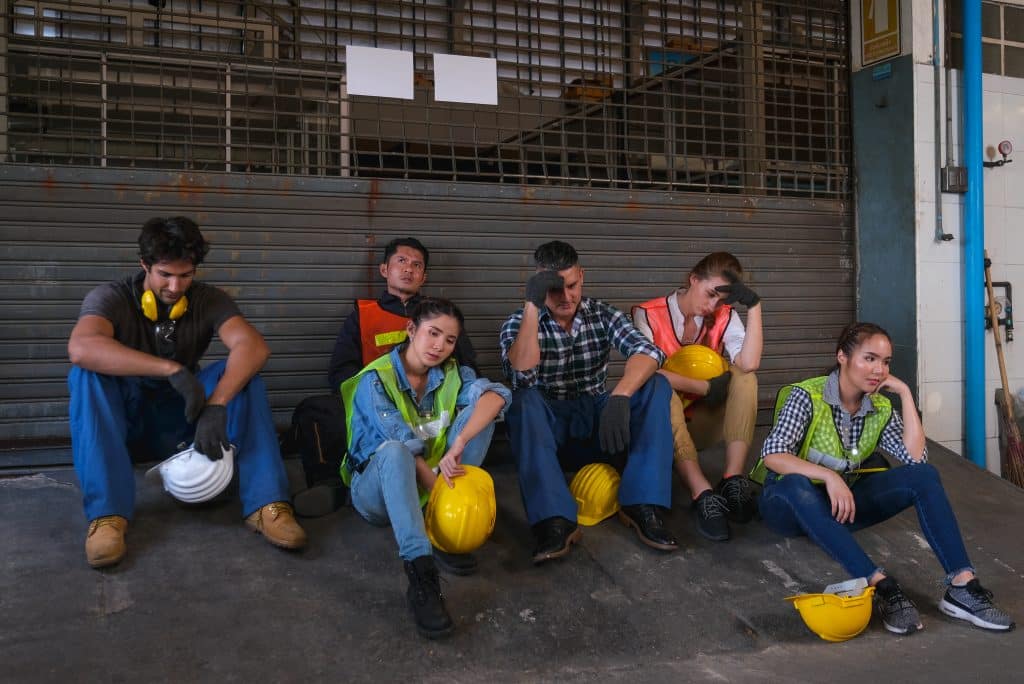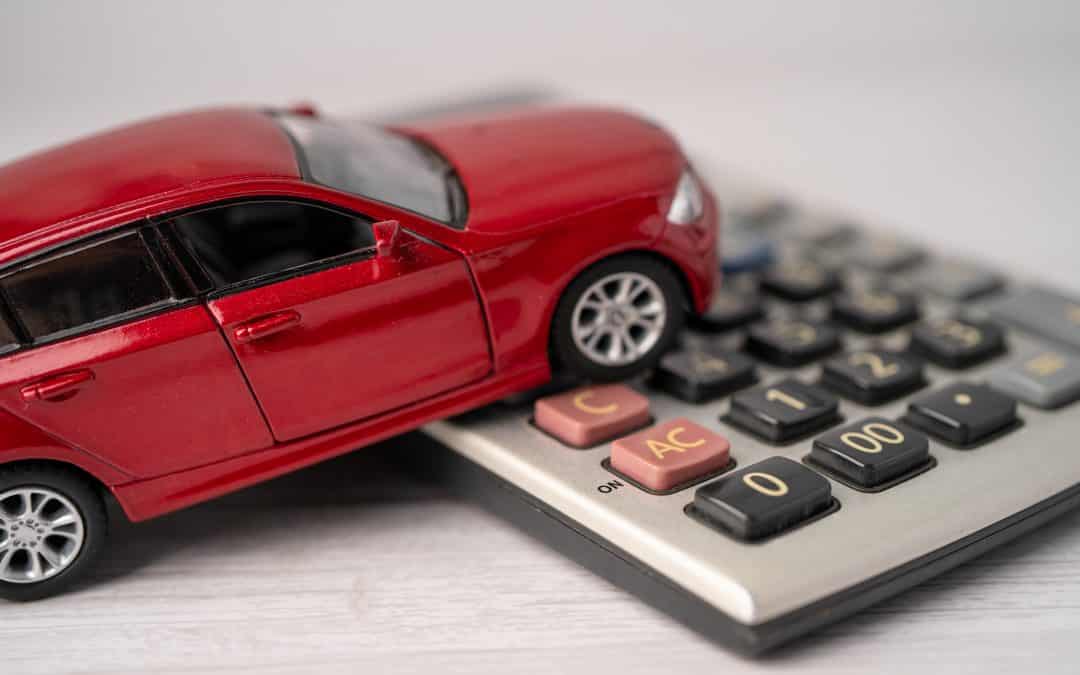South Africa’s Cosatu has called for new legislation to help reduce the tax burden on drivers & consumers.
The Trade Union Congress of South Africa (TUCSA), is the country’s largest trade association federation with an estimated membership of 1.8 million workers.
The transport department is advised to finalise the Bills for both the Road Accident Fund or RAF and Road Accident Benefit Scheme. This will help put RAF back on a sustainable path and ensure payments reach claimants in a timely manner.
Increasing the fuel levy will not help with the Road Accident Fund’s (RAF) bankruptcy if it continues to be mismanaged into the ground as it currently is. The RAF has a debt of almost R300 billion and is one of our greatest national threats next to Eskom’s growing debt burden.
“We are also still waiting for the government to publish their research report which looks into the possibility of a fuel price cap,” it said
Most of the price of driving is tax-related.
Commenting on the fuel price increases for April, the Automobile Association said that, given the weaker rand and rising oil prices, fuel taxes are where the government has more room to intervene. They also said that a higher tax could provide some relief to consumers.
The Association said they would need to “review” the new taxes after noting that the petrol prices were going to be a record high.
Workers are the ones who will be most impacted by the price increase.

The petrol price will go up by 91 cents per litre across the board, while the diesel price might rise by anywhere between 54 and 55 cents per litre.
These price hikes will exacerbate increases in things like electricity which already came into effect in July.
despite South Africa and workers having to deal with challenges like load shedding & high levels of unemployment, Cosatu said.
Increasing automation will give more ground to the struggling working class already with high levels of unemployment and stagnant wages.
These changes could have a negative impact on many households
Small-medium enterprises have been struggling and face the consequences of all the lockdowns and riots in both Gauteng and KZN.
KwaZulu-Natal and Gauteng which together are almost 50% of the economy.
These higher fuel and electricity prices will inevitably have a negative effect on an already dire situation. The economy will have to toll and it will become harder for people to buy things or make money because they’re unemployed/got laid off.
Petrol Price Cap Idea
The idea of petrol price caps has been brought up by the Former Minister of Energy Jeff Radebe.
The department acknowledged the issue in April 2019 though no further details have been communicated since then
The Department of Finance concluded discussions with stakeholders in 2019 and is now waiting for written submissions. The deadline for these submissions was March 28, 2019.
So, according to the spokesperson at the time, it didn’t sound like there was any doubt that the proposal of a fuel cap in 2050 is still up for consideration by Government. However, as this is an internal matter, we will not know the result until some time in June.

